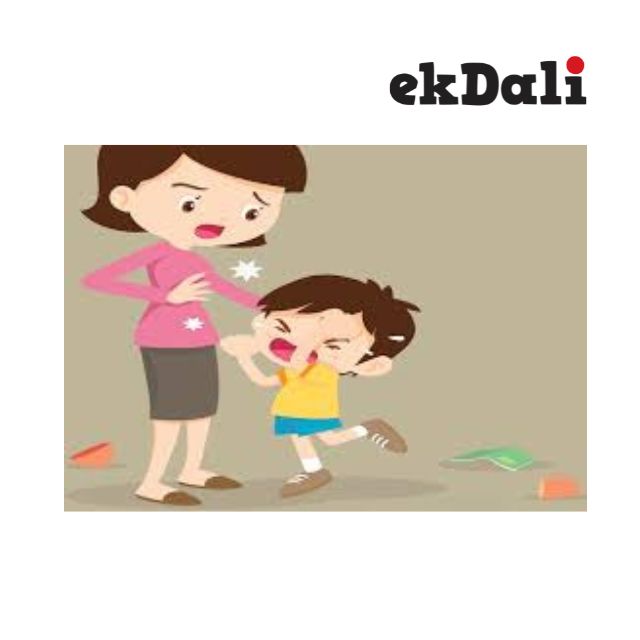Whether you choose a different parenting style than those around you, or you are raising a child who does not fit "the standard" (such as a highly sensitive child or a child with special needs), you have most likely encountered other people's judgments.
This criticism could come from strangers in public, extended family or friends, or negative comments about your parenting style or kid.
Parenting is one of the most divisive subjects in the world for several reasons...
To begin, many individuals have personal experience with parenting and raising children, which is highly value-driven and emotionally charged.
As a result, when you become a parent, you are entering an already extremely emotional arena.
If you are fortunate to be surrounded by like-minded or supportive people, this new adventure will be challenging, but you will know there is a secure place to fall.
However, navigating this new environment can be especially difficult if you are surrounded by people who disagree with your decisions or do not comprehend your child and their needs.
It is critical that we learn to deal with other people's opinions so that we can be confident in ourselves and make the best choices for our child.
Here's our guide to navigating the toxic path of parenting when others don't get it...
1. Consider Who You Are Most Concerned About - While none of us enjoy having a stranger in public shame us about our parenting, the people you are most worried about are most likely people you already know.
2. Make Short Explanations - This is especially useful if your child is extremely sensitive or has special needs. Many times, others simply do not comprehend. Part of our responsibility as advocates for our children is to make them understandable.
3. Gain Clarity on What You Understand and Believe - When we are encircled by other people with strong opinions, we lose sight of who we are and what we want.
Make a list of what you comprehend and believe. You might need to read books or articles to obtain a better understanding of yourself.
4. Own your own emotions - It is hurtful when someone else reacts poorly. This pain frequently turns into anger.
When we are angry, it is natural for us to focus on the individual who has hurt us. The issue is that we can become so preoccupied with their bad behavior that we fail to recognize how we truly feel.
How do you feel about the fact that they do not comprehend you or your child?
This may elicit feelings of grief about the circumstance, as well as hopes for the future. Being honest with yourself about your emotions is the only way to heal.
5. Remove yourself from their reaction - No matter how well you explain your circumstance, you have no control over how others respond.
We must accept responsibility for our own explanations and feelings. They are accountable for their actions.
























